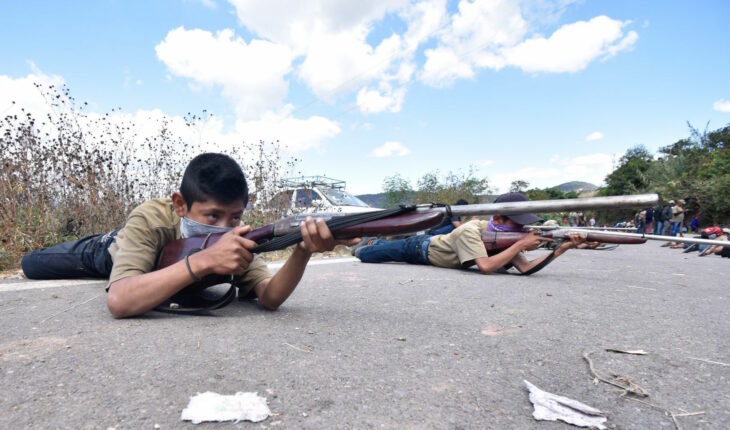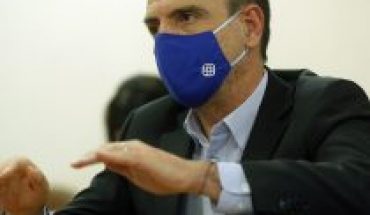Between January and November 2021, 2,240 homicides of minors were documented throughout the country – 994 intentional and 1,246 culpable. In 728 of them, or 32.5%, the minors lost their lives to a firearm.
“Armed violence is one of the agendas that most concern us and where we think that the federal executive and all states should be putting all their interest and attention,” says Tania Ramírez, director of the Network for the Rights of the Child (Redim).
According to the 2021 Annual Balance of the Network – which is nourished by the official figures reported by the Executive Secretariat of the National Security System (SESNSP) – with respect to 2020, homicides of minors in Mexico had an increase of 2.7% from 2,182 to 2,240.
You may be interested: Child sexual exploitation: patterns that have been identified in schools in Mexico
Whether they are intentional or culpable homicides, in both cases the data suggest that they are more men than women. In 2021, 841 intentional homicides of men and 153 of women were registered, while the culpable homicide of 906 men and 340 women was reported.
“Children in Mexico live all known forms of violence caused by war and also die from them. There seems to be no public or private space in which they can be free from the most extreme and dehumanized expressions of armed violence and adult-centrism.
“The generalized syndemic due to the Covid-19 pandemic and social inequities aggravated tensions from homes and paradoxically strengthened organized crime that reached all other possible spaces of their development and coexistence,” the Redim underlines in its annual balance.
Asked what could explain the increase in homicides of minors – particularly related to armed violence – Ramírez explained that part of it is due to the recruitment of minors both in the so-called community self-defense groups, and by criminal groups.
“Recruitment in children is also behind these figures. Not much is known because little is investigated,” he says.
“We learned of this call from a community in Guerrero that said it was going to have to incorporate children and adolescents into the ranks of self-defense groups if the local government and the Mexican state did not get down to work in stopping the advance of organized crime.”
Ramírez was referring to the municipality of José Joaquín de Herrera (Hueycantenango) where residents and members of the community police postponed the governor of the state, Evelyn Salgado, to meet their demands in terms of education and public health security within a period of no more than 8 days, or else they would arm children and women in their community, as reported by El Heraldo.
For the director of the Redim, the fact that for almost a year the National System for the Integral Protection of Children and Adolescents (SIPINNA) has not had a head has generated delays in the attention -among other issues- of what refers to armed violence against minors in Mexico, since a strategy had already been outlined to address this issue.
“With the weakening that SIPINNA experienced and the lack of understanding that has been made towards the system, they are not helping to change the attention of armed violence against children,” Ramirez lamented.
And, he added, there has been no progress in fulfilling the commitments made by the Commission to end all forms of violence against children and adolescents, which were presented by the Ministries of the Interior and Citizen Security on December 17, 2020.
Read more: Child abuse is detected 30% less in CDMX with schools closed, warn specialists
“It is urgent that the work and proposals that have emerged within SIPINNA as part of the Commission to put an end to all forms of violence against children and adolescents be resumed and implemented, with total seriousness and support at the highest level, to develop the strategy for the protection of children and adolescents against armed violence,” exposes the Network.
As reported, the 2019-2024 action plan would focus on the attention of four main strategies: public security and social participation of children and adolescents, protection of human rights of victims of violence, prevention of violence in environments and territories, and the eradication of gender violence for substantive equality.
What we do at Animal Político requires professional journalists, teamwork, dialogue with readers and something very important: independence. You can help us keep going. Be part of the team.
Subscribe to Animal Político, receive benefits and support free journalism.#YoSoyAnimal





